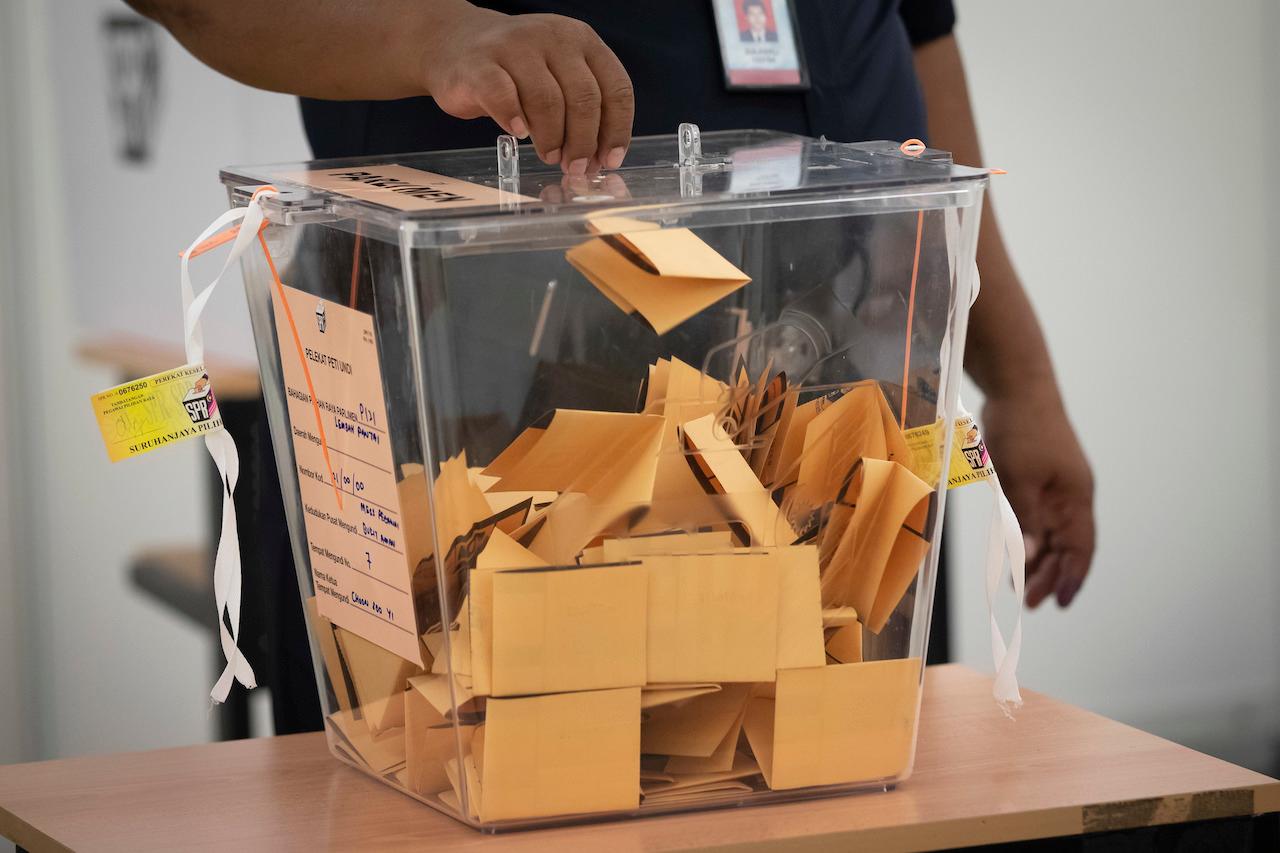Bersih chairmen, present and past, welcome ERC advice on electoral reforms
Thomas Fann calls for the recommendations to be made public while Maria Chin Abdullah makes several more.
Just In
Bersih 2.0 has hailed the recommendations put forth by the committee appointed by Putrajaya to look into reforming the electoral system, calling for the suggestions to be made public in order to foster debate and gather feedback from various parties.
“It will also indirectly convey the message to voters that the Perikatan Nasional (PN) government is committed to implementing reforms which will benefit the electorate in a fair contest,” the electoral watchdog’s chairman Thomas Fann told MalaysiaNow.
The Electoral Reform Committee (ERC), formed by the previous Pakatan Harapan government to address weaknesses in the electoral system, made 49 recommendations in a report submitted to Putrajaya in August this year.
Last week, its chairman Abdul Rashid Abdul Rahman expressed confidence that all 49 recommendations would be implemented.

MalaysiaNow previously reported that the more radical of the ERC’s suggestions include a recommendation for the federal government to be chosen through a proportional representation system instead of the current first-past-the-post (FPTP) method which has been used since independence.
It suggested the Closed List Proportional Representation system, saying the FPTP method could be maintained for state assemblies.
Fann agreed with the proposal for a mixed system at the parliamentary level as the number of seats won would be determined by the total votes obtained by each political party.
“This method will also improve the representation of women and minorities and give opportunities to small parties in elections,” he said.
He also supported the recommendation to boost the credibility of the Election Commission (EC) through the separation of roles such as formulating policies and enforcing election rules, operations and logistics, as well as matters concerning constituency boundaries.
“This is another suggestion that could bring about an electoral agency that is more independent and responsible in the fulfilment of its duties.
“It will also boost public confidence in election results,” he said.
Meanwhile, Petaling Jaya MP Maria Chin Abdullah said the proposal that EC members be appointed through a parliamentary select committee would improve trust in the agency.

“Criteria and qualifications need to be set,” she said, adding that there should be a limit to how long a member can serve.
Under the current practice, EC members only end their service after reaching the age of 65.
“EC members can be limited according to the term of office in the Dewan Rakyat, that is five years,” Maria, a former Bersih 2.0 chairman herself, told MalaysiaNow.
She also called for the electoral roll to be put in order three months before a general election is held.
“This issue has created problems for a long time,” she said. “Until now, the voter list is still all over the place.”
Maria agreed with the ERC’s recommendation for a code of ethics for each candidate and political party as is the practice in countries such as India.
“Part 3 S7-10 of the Election Offences Act needs to be strengthened,” she added.
“Political financing laws should be established so that bribery and the like are brought to a halt and considered a criminal act.”
In its report submitted to Putrajaya, the ERC also suggested the removal of the age-old guessing game on the dissolution of Parliament as well as state assemblies, the automatic registration of voters, a limit on the number of seats a candidate can contest, and greater participation from women.
Subscribe to our newsletter
To be updated with all the latest news and analyses daily.
